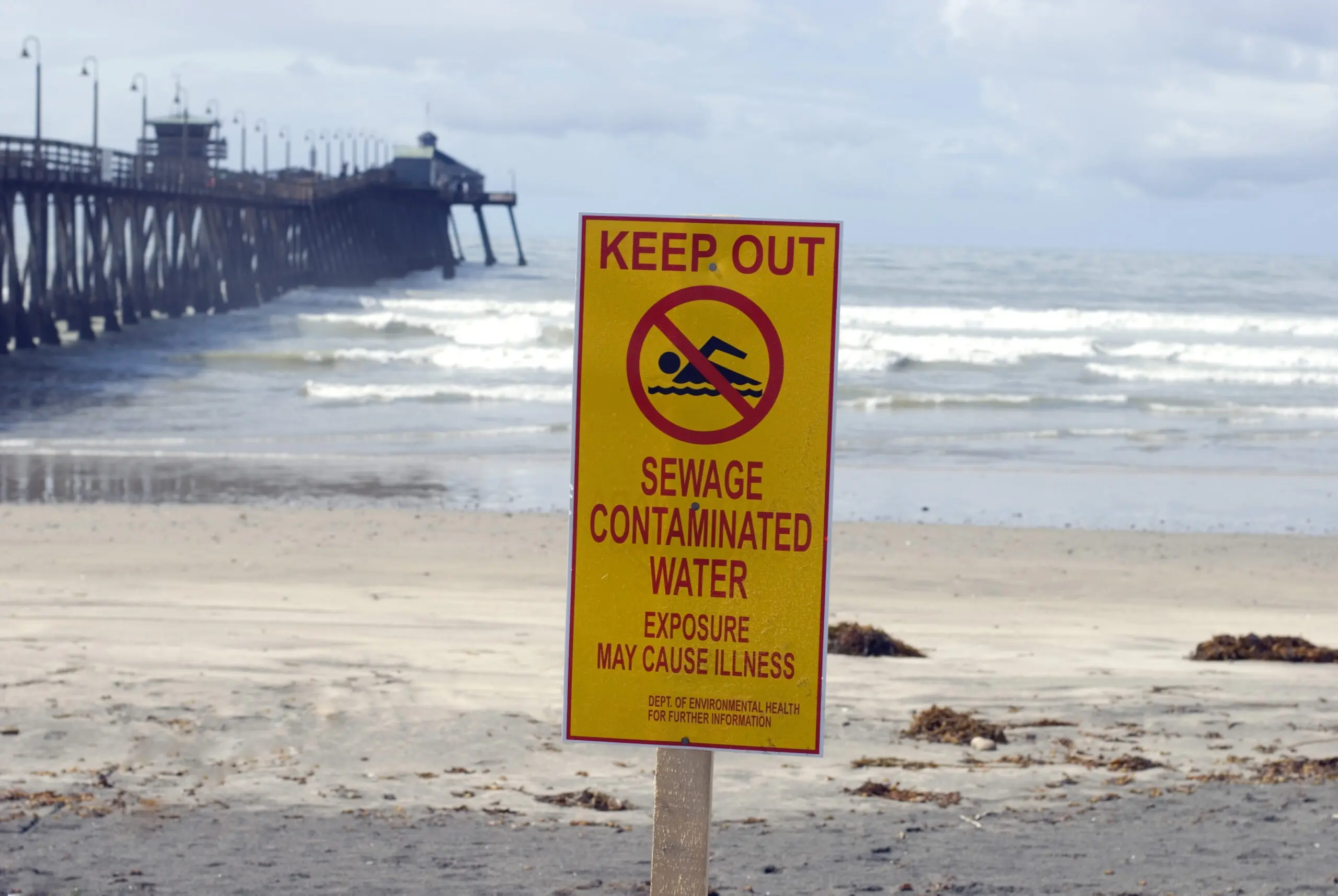Major review into water sector to look at bills, bonuses and sewage
An independent review into the water industry has been launched following public outcry over bills, bonuses and sewage pollution
The UK and Welsh governments announced what they said was the largest review of the water sector since privatisation, with an independent commission chaired by former deputy governor of the Bank of England Sir Jon Cunliffe.
It will focus on the water sector and its regulation, tackling systemic problems and securing the infrastructure needed to meet future challenges, drive economic growth and clean up Britain’s rivers, lakes and seas, the governments said.
This comes after 10 of the 11 water companies asked Ofwat to hike consumer bills by 40% between now and 2030, rising to £615 per year.
Environment secretary Steve Reed said:
‘Our waterways are polluted and our water system urgently needs fixing.
‘That is why today we have launched a Water Commission to attract the investment we need to clean up our waterways and rebuild our broken water infrastructure.
‘The commission’s findings will help shape new legislation to reform the water sector so it properly serves the interests of customers and the environment.’
The Competition Appeal Tribunal is currently considering whether a £1.5 billion lawsuit against six water companies accused of underreporting sewage pollution will go to trial.

Cleaning up polluted waterways and coasts
Public fury has swelled over the degraded state of the country’s rivers, lakes and coastal waters and at a lack of investment in water infrastructure, rising bills, high dividends and debt and executive pay and bonuses at privatised water firms.
A report published earlier this month showed complaints made to the Consumer Council for Water have reached their highest level for nearly a decade – with complaints about customers’ concerns about the environment seeing a 217% increase.
Ministers say its recommendations, which will be handed to them next year, will form the basis of further legislation to attract long-term investment and clean up the country’s polluted waterways and coasts.
The move comes after years of underinvestment, a growing population and extreme weather caused by climate change have led to intense pressure on England’s ageing water system, causing widespread flooding, supply issues, sewage pollution and leakages.
Water companies ask to hike consumer bills
Fresh figures released by Ofwat on Tuesday showed water companies have asked to hike consumer bills by even more than they originally requested, despite attempts by the regulator to curb bill increases.
The latest requests by water firms would see the average bill in England and Wales grow by 40% by 2030, rising to £615 per year.
Many argue that they need to spend more on upgrading their pipes, sewers and reservoirs than originally planned.
Ofwat is due to make a final decision on bills increases on December 19, with companies going to the negotiating table with regulators between now and then.
The biggest proposed rise is by Southern Water, which would see bills for its customers in Sussex, Kent and Hampshire rise by 84% between now and 2030.
Thames Water, the UK’s biggest provider, which is in emergency talks over a £15 billion debt pile and a worsening financial situation, has asked for a 53% rise.
The next biggest hikes are by Severn Trent Water, of 46% to £580, and north Wales provider Hafren Dyfrdwy, of 45% to £568.
Only one company, Wessex Water, is not demanding higher bills than first requested.
Urgent action to tackle pollution failings and affordability of bills
Huw Irranca Davies, Wales’ Deputy First Minister with responsibility for climate change and rural affairs, added: ‘This vital review couldn’t come at a more urgent time for our water environment and water industry.
‘Both the Welsh and UK governments are determined to improve water quality and the resilience of the water sector for future generations.’
The commission will have a series of objectives including establishing a clear vision for the water sector, better regulation and empowering regulators, ensuring a stable framework that attracts investment, and safeguarding the consumer and affordability of bills.
It will also focus on delivering resilient infrastructure in the face of a growing population and climate change.
The launch of the commission follows the introduction of legislation to bring criminal charges against water executives and a ban on bonuses, the Environment Department (Defra) said.
Campaign group River Action’s chief executive James Wallace said: ‘It’s encouraging to see the new Government swiftly addressing water pollution and scarcity in its first 100 days.
‘The Water Commission must deliver a fully funded national action plan to end pollution for profit, enforce laws, and reform regulators.
‘The plan must cover agriculture and water companies, propose legislation prioritising public benefit over profit, and ensure polluters pay.
‘It must restore funding to regulators and reform the system blocking sanctions and legal action,’ he urged.
Water Commission chairman Sir Jon said: ‘Working over many years in the public sector, in environment, transport and the Treasury, and the Bank of England, I have seen how the regulation of private firms can be fundamental to incentivising performance and innovation, securing resilience and delivering public policy objectives.’
Campaigners criticise continued privatisation of the water industry
Campaigners who want to see the water sector renationalised criticised the review for continuing with privatisation.
Matthew Topham, lead campaigner at We Own It, said: ‘The review is deaf to the calls of the public, anti-sewage groups and the international community to wrestle with the root cause of the sewage crisis: privatisation.
‘Without serious thought, this Labour government will be remembered for its re-privatisation of England’s water system — repeating a failed experiment which has been studiously avoided the world over.’
Campaigners are holding a march for clean water in central London on November 3.
Related claims

Thames Water
Thames Water and five other water companies accused of underreporting sewage spillages and discharges. Sign up to Consumer Voice for updates.

Yorkshire Water
Yorkshire Water and five other water companies accused of underreporting sewage spillages and discharges. Sign up to Consumer Voice for updates.

United Utilities
United Utilities and five other water companies accused of underreporting sewage spillages and discharges. Sign up to Consumer Voice for updates.

Severn Trent Water
Severn Trent and five other water companies accused of underreporting sewage spillages and discharges. Sign up to Consumer Voice for updates.

Northumbrian Water
Northumbrian Water and five other water companies accused of underreporting sewage spillages and discharges. Sign up to Consumer Voice for updates.

Anglian Water
Anglian Water and five other water companies accused of underreporting sewage spillages and discharges. Sign up to Consumer Voice for updates.


